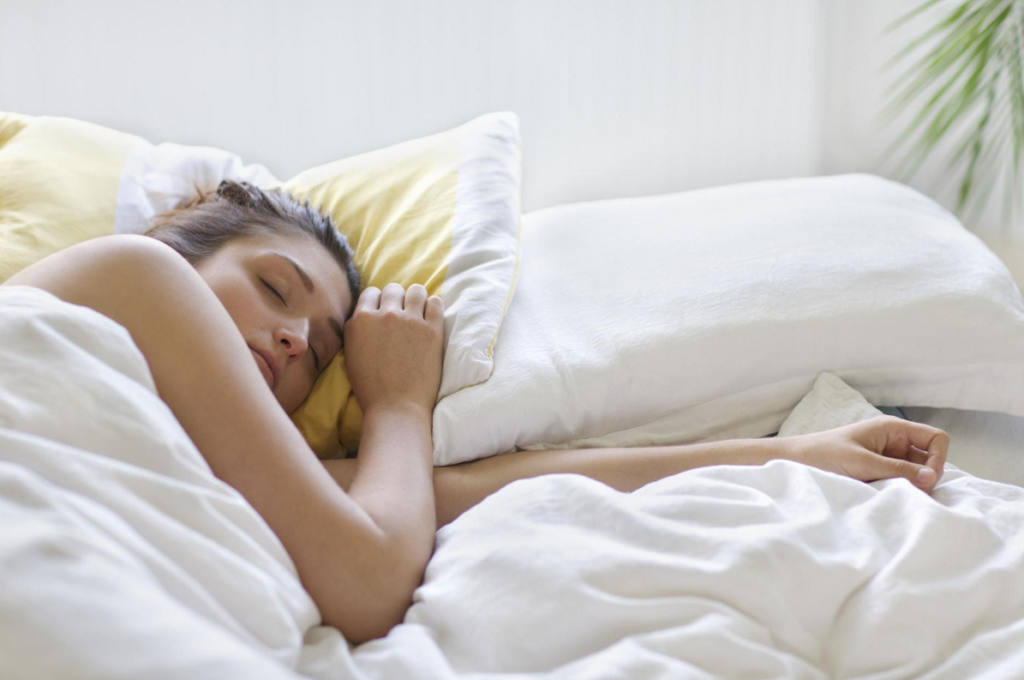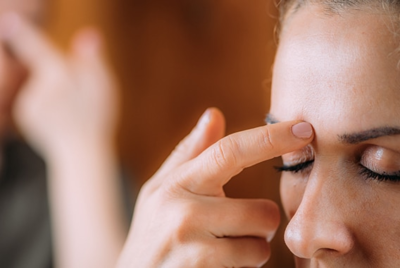The Science of Sleep Hygiene: How to Get a Good Night’s Rest

Sleep hygiene refers to the practices that lead to better sleep, such as creating an ideal sleep environment and maintaining consistent sleep schedules. While most people don’t think about sleep hygiene as something that requires practice, it does, and it can have a huge impact on your overall health and well-being. In this article, we’ll explore what sleep hygiene means and how you can practice it in your everyday life to get better rest every night of the week.
Why do I need good sleep hygiene?
Getting a good night’s rest doesn’t just mean you feel less tired, it improves your health in ways you may not expect. For instance, getting plenty of sleep is linked to positive effects on your immune system, cardiovascular health, and even your mood. The opposite is also true: Not getting enough sleep can take its toll on both your mental and physical well-being. Some people have an easier time than others sleeping soundly through their nights; if you find yourself tossing and turning often or waking up groggy in the morning then it might be time for some changes around your house.
To help you get a better night’s rest we reached out to Dr. Michael Breus, PhD., one of America’s leading sleep experts and author of Good Night: The Sleep Doctor’s 4-Week Program to Better Sleep and Better Health, for his top tips on how to improve your sleep hygiene.
1) Choose Your Bed Wisely When shopping for a new bed makes sure you choose one that will promote quality sleep. According to Dr. Breus, there are two things to look for when buying a mattress: comfort and support. A mattress should be comfortable but firm, he says. It should give you adequate support while still allowing your spine to maintain its natural alignment.
2) Invest in Quality Sheets Sleeping between high-quality sheets makes all the difference when it comes to having a good night’s rest. I recommend investing in two sets of sheets—one set for everyday use and another set for guests, says Dr. Breus. You don’t want someone else’s sweat mixing with yours!
How can I develop my routine?
Establishing good sleep hygiene can help make your bedtime more relaxing and give you an easy way to unwind before hitting the sheets. But it’s important not to rely on these cues too much; if you have trouble sleeping on your own, you may want to explore therapy as well. Ideally, go for night-time habits that balance structure with spontaneity—like going for a long walk before bed or writing in a journal when you feel tired—so that bedtime is less about routine and more about rest.
If you like having lights out at 10 pm, though, then create some other ways (like meditation) to relax without relying on your alarm clock. And remember, everyone is different; what works for one person might not work for another. You’ll never know until you try! So, experiment with different routines and find what works best for you.
Top 10 Ways to Improve Your Sleep Hygiene: 1) Try to wake up at roughly the same time every day. This helps establish a pattern that makes it easier to fall asleep and stay asleep later in the night. 2) Stick to a regular exercise schedule, but don’t exercise within three hours of bedtime. The body takes time to cool down after working out, which makes falling asleep difficult. 3) Try something new every few weeks so that you don’t get bored with your routine.
Natural Remedies to Help You Sleep
When you don’t get enough sleep, your body doesn’t function as it should. Everything from your reflexes and reaction time to your risk for developing certain diseases increases, and these effects can even last for days after one bad night’s sleep. The good news is that there are plenty of ways to help you get a better night’s rest without resorting to medication or splurging on some new sheets. We asked members of our community (who know more about sleeping than we do) what they do before bedtime to ensure they have enough shut-eye each night—and why they do it. Here are their answers!
Split King Bed to Help You Improve Your Sleep
What happens when you sleep on a king bed? There are many pros and cons of a split king bed. The pros of a split king bed. Split king beds have several benefits that make them an excellent choice for any modern household. First and foremost, they provide a greater overall sleeping area than a standard king-sized bed and thus can accommodate larger households comfortably. And while you’ll need a larger room to fit one in, they often cost less than 2 twin XL beds so you can make space on your budget instead of on your floorplan.
The pros of sleeping on a split king mattress instead of two separate twin beds are pretty clear. If you live with someone else, it means no more stealing your partner’s side of the bed every time they get up for work early in the morning (we’ve all been there). Split king mattresses also offer plenty of room for those with restless legs and feet during sleep; simply roll over to avoid disturbing your partner! For those who like plenty of room for stretching out during slumber, another pro is having an entire half of a large mattress to yourself without having to squish into one side or fight over blankets.
And finally, many couples love that they can easily watch TV from bed without feeling cramped by each other’s presence
The cons of a split king bed. While split king beds are great for couples or families who want more sleeping space without paying too much extra, there are some downsides to consider before making a purchase. For example, most models don’t allow you to adjust each side independently—which means if one person wants their head propped up with pillows or needs extra support under their knees, both
Final words on good sleep hygiene
To make sure you’re getting a good night’s rest, first off, try to avoid looking at your phone before bed. The blue light from our devices has been shown to disrupt sleep rhythms and can even cause eye strain if used too close to bedtime. If you must look at your phone, keep it across your room—and maybe use one of those apps that let you turn on white noise or sultry jazz music for calmness. And remember that about 20% of people suffer from insomnia (for instance, being awakened by a loud noise in the middle of the night), so if you have trouble sleeping on occasion, don’t beat yourself up; keep trying new things!
Digital marketing enthusiast and industry professional in Digital technologies, Technology News, Mobile phones, software, gadgets with vast experience in the tech industry, I have a keen interest in technology, News breaking.











